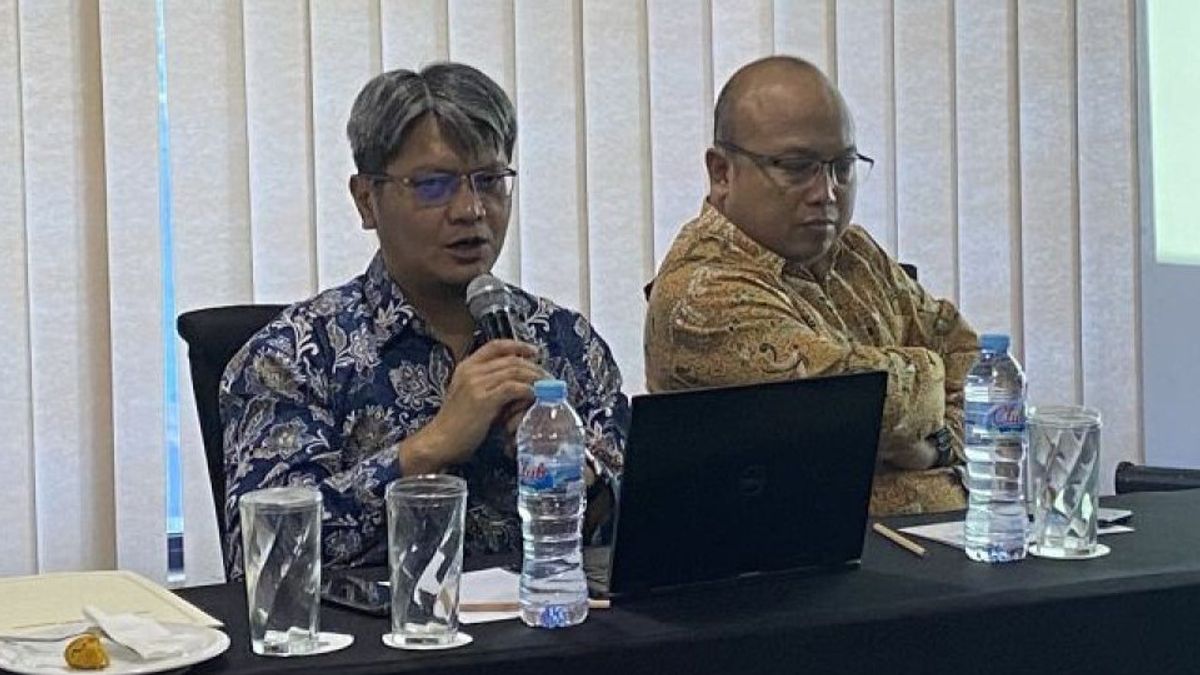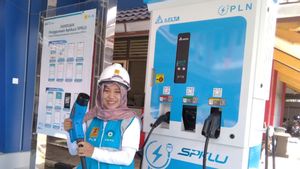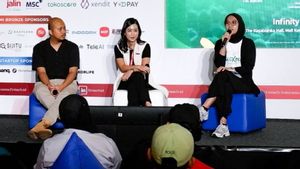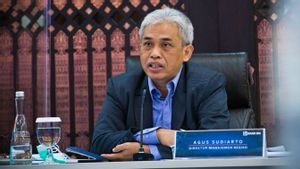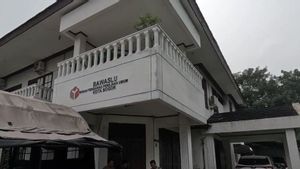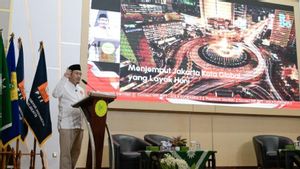JAKARTA - Researcher at the Center for Trade and Investment Industry Institute for Development of Economics and Finance (Indef) Ahmad Heri Firdaus views the need for Indonesia to improve the global value chain before officially joining as a member of OECD.
"In addition to preparing a roadmap that will be prepared by the government, the fundamental things that need to be considered are how we increase our role in the global value chain," said Heri as quoted by ANTARA, Thursday, February 29.
Things related to logistics costs and transportation costs, especially for production activities, must be made more efficient. Then, continued Heri, advances in technology and information also need to be more encouraged in every industrial chain and more open trade policies are needed.
In addition, barriers to industrial involvement in the global production network must also be eliminated so that it does not happen again when Indonesia officially becomes a member of the Organization for Economic Cooperation and Development (OECD).
The obstacles that must be overcome range from the use of infrastructure that has not been optimal, causing high production and logistics costs to high interest rates, causing industrial inability, especially small and medium, in accessing financing.
When Indonesia joins OECD, it is hoped that member countries, especially developed countries, will invest in more technology development in Indonesia. Moreover, said Heri, considering the initial goal of OECD is cooperation to improve economic development.
Indonesia is also expected to reduce the inequality of GDP per capita among other OECD member countries.
Heri said, several ways that can accelerate Indonesia's GDP per capita such as encouraging industries to contribute more in the global supply chain, changing export structure, to increasing labor productivity.
Indonesia has been approved to proceed to the OECD membership accession stage on February 20, 2024. Previously, the Indonesian government submitted a wish to become an OECD member since July 2023.
SEE ALSO:
The OECD accession process is a process in which 38 member countries closely review candidate candidates from various aspects before being accepted as official members of the OECD.
According to Coordinating Minister for Economic Affairs Airlangga Hartarto, the current accession process is estimated to take two to three years. Meanwhile, the accession process for various countries to become an official member of OECD on average takes five to seven years.
The English, Chinese, Japanese, Arabic, and French versions are automatically generated by the AI. So there may still be inaccuracies in translating, please always see Indonesian as our main language. (system supported by DigitalSiber.id)
